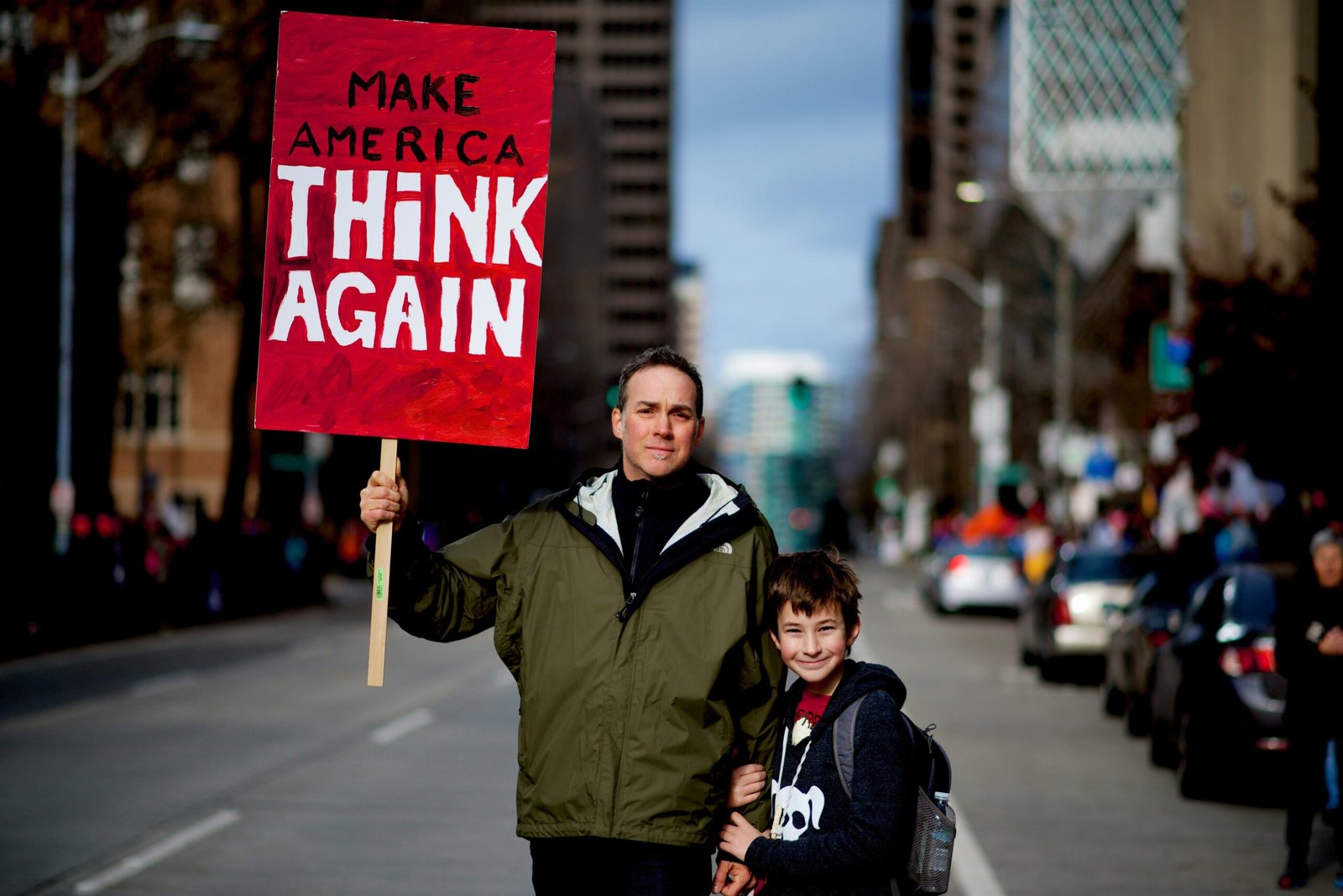Introduction to Political Roles
The political landscape is composed of a myriad of roles, each contributing uniquely to the governance and policy-making processes. Understanding these roles is crucial for gaining a comprehensive grasp of how political systems function. Political roles are not only pivotal in shaping legislation and governance but also in ensuring the smooth operation of democratic institutions. These roles range from elected officials, such as presidents and legislators, to appointed positions like judges and cabinet members, each playing a distinct part in the political arena.
Elected officials are often the most visible figures in politics. They are directly chosen by the populace to represent their interests and are responsible for creating and enacting laws. Presidents, governors, and mayors are examples of executive roles that involve significant decision-making power and authority over national and local governance. Legislators, including senators and representatives, play a crucial role in drafting, debating, and passing legislation that shapes the socio-economic framework of a society.
Appointed positions, while not elected by the public, are equally essential in the political ecosystem. Judges, for instance, interpret the law and ensure justice is administered fairly, often making decisions that can have long-lasting implications on society. Cabinet members and advisors, appointed by executives, provide expertise and implement policies within their specific domains, influencing everything from foreign policy to education.
The interplay between these various political roles is fundamental to effective governance. Collaboration and sometimes contention among different branches and levels of government ensure a system of checks and balances that is vital for democracy. Understanding the distinct functions and interrelations of these roles allows citizens to better comprehend the complexities of policy-making and governance, ultimately fostering a more informed and engaged populace.
Elected Officials: Key Players in Politics
Elected officials hold pivotal positions within the political framework, wielding significant influence over legislation and public policy. These key players, including presidents, governors, senators, and representatives, serve as the primary decision-makers in government, tasked with the responsibility of representing the interests of their constituents. The responsibilities of these elected officials vary by office but generally encompass law-making, governance, and the execution of public policy. For instance, the president, as the head of state and government, oversees the executive branch, implements laws, and sets foreign policy. Governors, on the other hand, manage state executive branches and work on state-specific legislative matters.
The process of electing these officials is fundamental to the functioning of a democratic society. Elections provide a mechanism for the populace to choose their representatives, ensuring that power remains in the hands of the people. The journey to becoming an elected official typically involves campaigning, where candidates present their platforms and visions to the electorate. This process culminates in voting, where citizens exercise their right to choose leaders who align with their values and priorities. The integrity and fairness of elections are paramount, as they uphold the principles of democracy and ensure that elected officials are legitimately chosen.
Once in office, elected officials play a crucial role in shaping public policy and legislation. Senators and representatives, for example, draft, debate, and vote on laws that impact various aspects of society, from healthcare and education to national security and economic policy. Their decisions and actions have far-reaching implications, making their accountability to constituents essential. Mechanisms such as town hall meetings, public forums, and regular elections ensure that elected officials remain responsive to the needs and concerns of those they represent. This accountability helps maintain trust in the political system and encourages active civic engagement.
In essence, elected officials are the backbone of political governance, bridging the gap between the government and the people. Their roles and responsibilities are integral to the functioning of a democratic society, highlighting the importance of informed and active participation in the electoral process.
Behind the Scenes: The Role of Political Advisors and Staff
Political advisors and staff members play an indispensable role in the functioning of any political office. These individuals work tirelessly behind the scenes to support elected officials by carrying out a range of essential duties that contribute to the efficacy and success of political operations. Among their primary responsibilities are policy research, strategic planning, and communication management.
Policy research is a fundamental task for political advisors and staff. They gather, analyze, and synthesize information on a myriad of issues to inform and guide the decision-making process. Their research ensures that elected officials are well-equipped with accurate and comprehensive data, allowing them to craft informed policies and respond to legislative challenges effectively.
Strategic planning is another critical function of political advisors. This involves developing long-term plans that align with the political goals and agenda of the elected official. Advisors analyze political trends, voter behavior, and potential risks to devise strategies that enhance the official’s chances of success. Their strategic insights are crucial in navigating the complex political landscape and in making decisions that are both tactical and forward-thinking.
Communication management is a pivotal aspect of the roles undertaken by political staff members. They handle the dissemination of information to the public, media, and other stakeholders. This includes drafting speeches, preparing press releases, and managing social media accounts. Effective communication ensures that the political office maintains a positive public image and fosters transparency and trust with constituents.
The impact of political advisors and staff members on decision-making processes cannot be overstated. Their expertise and support enable elected officials to make well-informed choices that reflect the needs and aspirations of their constituents. Furthermore, their behind-the-scenes efforts contribute significantly to the overall effectiveness of the political office, ensuring that it runs smoothly and efficiently.
In conclusion, political advisors and staff are the backbone of any political office, providing the necessary support and expertise that enable elected officials to perform their duties effectively. Their contributions to policy research, strategic planning, and communication management are vital to the success and efficacy of political operations.
The Role of Political Parties and Organizations
Political parties and organizations play a crucial role in shaping political discourse and policy. These entities serve as intermediaries between the electorate and the government, providing a structured avenue through which citizens can influence public policy and governance. Political parties are primarily responsible for developing platforms that outline their policy positions on various issues. These platforms serve as a roadmap for what the party stands for and what it aims to achieve if it gains power.
One of the primary functions of political parties is to support candidates who align with their platforms. This involves endorsing candidates, providing them with resources, and organizing campaign activities to maximize their chances of electoral success. By backing candidates who share their values, parties ensure that their policy objectives have a better chance of being implemented. Additionally, political parties play a significant role in mobilizing voters. Through various outreach efforts, such as rallies, advertisements, and grassroots organizing, parties aim to engage and motivate the electorate to participate in the democratic process.
Apart from political parties, other political organizations also significantly impact political agendas and public opinion. Think tanks, for instance, conduct extensive research and analysis on policy issues, offering expert insights and recommendations. These institutions often influence policymakers by providing evidence-based solutions to complex problems. Advocacy groups, on the other hand, focus on specific issues or causes, lobbying for legislative changes and raising public awareness. By organizing campaigns, protests, and educational initiatives, these groups strive to bring attention to their causes and effect change.
Non-governmental organizations (NGOs) also play a pivotal role in the political landscape. NGOs often work on a broad range of issues, from human rights to environmental conservation, advocating for policies that align with their mission. They engage in activities such as policy research, public education, and direct action to influence both public opinion and governmental decision-making.
In summary, political parties, think tanks, advocacy groups, and NGOs collectively contribute to the dynamic and multifaceted nature of political discourse and policy development. Their roles are indispensable in fostering a vibrant democratic society.

